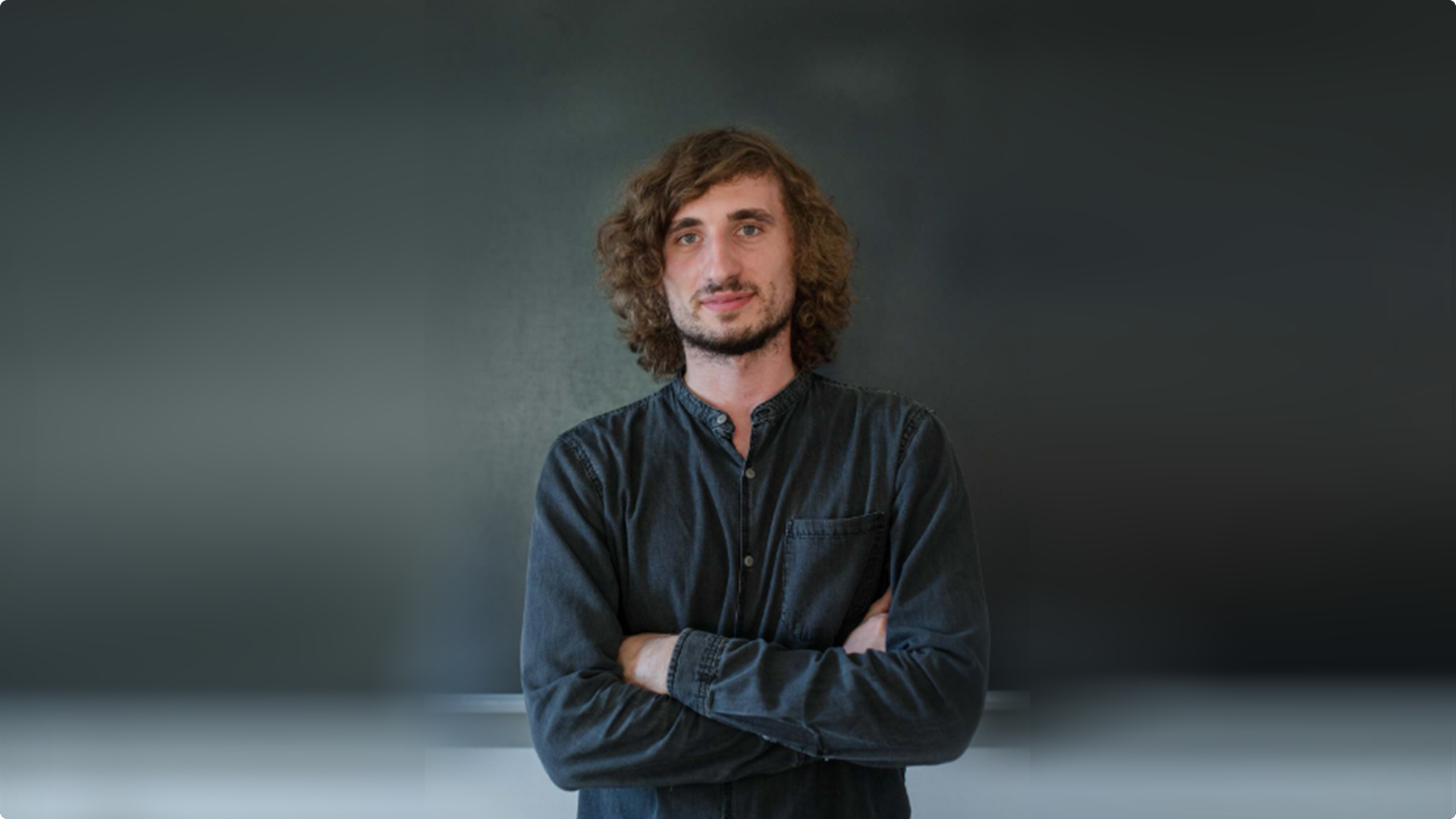Meet the bot authors - Kirill Brodt and his bot “Clsc2”!

Onto the next! We will be interviewing another one of our “Bot Makers” in this second installment of our three part series. In the last blog post, we had the opportunity to speak with Roman Solovyev about his bot ZFTurbo. ZFTurbo was able to help us out quite a lot in our most recent Bot Study in Stall Catchers. Throughout this Bot Study, human players and bots had the opportunity to work together and successfully analyze massive amounts of data! We wanted to cast a spotlight on our three bot creators since their contributions to the study were invaluable. In this installment, we will get the chance to interview Kirill Brodt, creator of the bot Clsc2.
Tell us more about your job and what your regular working day looks like.
I do research in Computer Graphics in sketch based modeling. I read articles,
implement them, and try to improve the previous solutions. What I like the most is the freedom of thinking during my study, but I don't like that there are few people to discuss my work with. In my free time I learn about internet privacy and also participate in machine learning competitions.
I participated in the Clogloss competition organized by HCI and won the 2nd place. The organizers proposed that I write this bot. My work actually consist of writing such bots to solve different domain-specific problems.
Have you created other bots or done similar projects before? If so, how did they go?
No, it's my first experience. But I believe that this experiment is important because it has advanced Alzheimer research. If you are interested in how it went, you can read the full write-up and solution here: https://github.com/drivendataorg/clog-loss-alzheimers-research/
So the bot catchers that played alongside the human catchers were actually much faster than most of them. Do you think this is a good or bad thing?
Automation of routine tasks is good if we can trust the bots. This will free up time for people to participate in more creative work.
In regard to technological advancements along these lines, how do you imagine the future will look in 50 years?
More routine tasks will be automatized. People will fight against fast technology's growth and hence humanity must slow down.
Thank you for the interview! And of course, a big thank you for Clsc2 :) I wish you good luck and inspiration for future creations!
